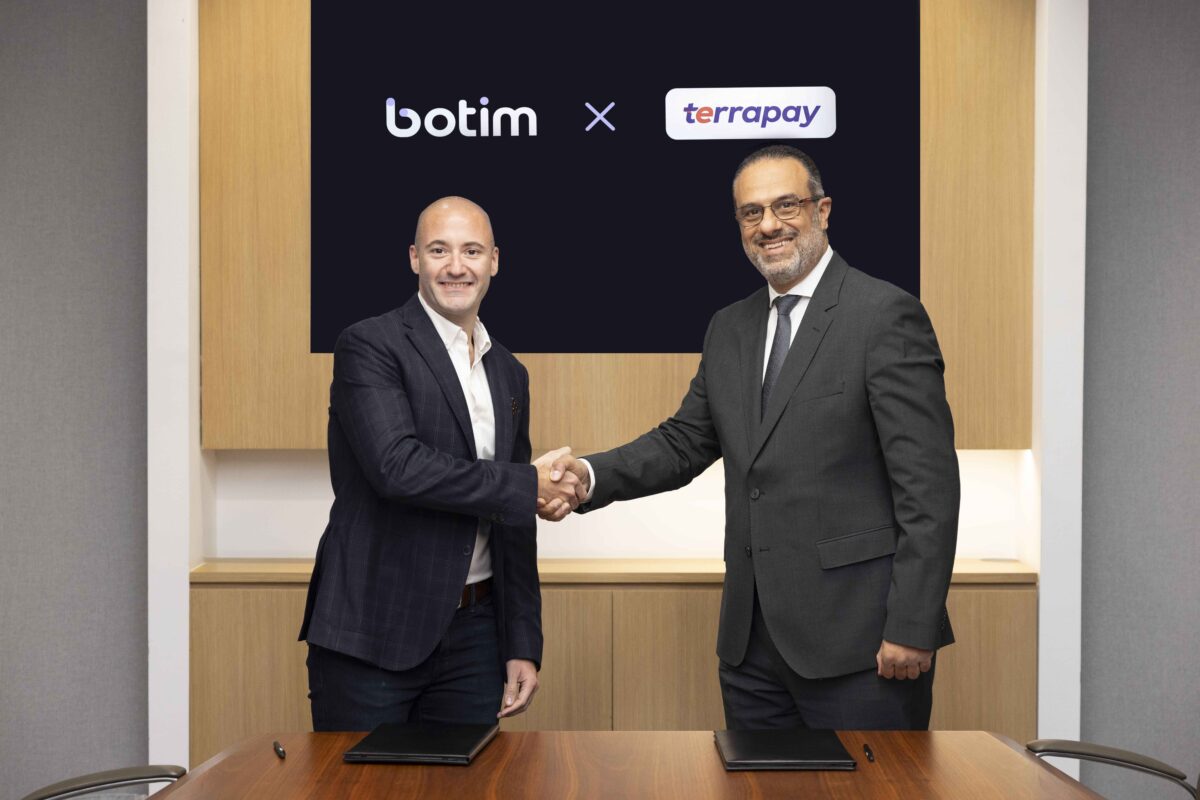I was talking to an acquaintance in Toronto when she told me she had just moved from Sydney and was trying to find a job. She bemoaned how difficult it was to find work and I nodded along sympathetically. Then she said:
“It’s hard. I wish that something would just fall into my lap.”
Whoa, hold on.
I noticed that she specifically used “fall into my lap” to underline this wistful expectation or hope that things would “just happen” to her. That eventually good fortune will find her and give her exactly what she wants, without the requisite work. It changed my perception of how she was approaching her job hunt: There was probably more she could actively do. Fair? Maybe not, but it’s where my mind went when she said that.
This is the power of language.
The words we choose to include in our natural vocabulary carry certain meanings, hopes, and dreams that don’t need to be said outright. They open a window into our thought process and worldview. Dr. Jack Schafer, an assistant professor at Western Illinois University, wrote:
“Certain words reflect the behavioral characteristics of the person who spoke or wrote them. I labeled these words, Word Clues. Word Clues increase the probability of predicting the behavioral characteristics of people by analyzing the words they choose when they speak or write.”
Phrases like “fall into my lap” reveal a pervasive, underlying belief that things will somehow work themselves out with a little can-do attitude and luck; hard effort on your part optional.
And since that time, I’ve made it a point to pick up on these words, and I hear it in everyday conversations with friends:
- “Any luck finding what you’re looking for?”
- “When opportunity knocks on your door, you should open it, duh.”
- “Wow, you’ve really struck gold!”
- “Fingers crossed.”
- “I just got lucky.”
- “Everything will work out in the end.”
- “A good-paying job doesn’t fall from the sky.”
I call these “luck-oriented” words, and the twist is, most of the successful entrepreneurs I talk to have nearly banished these words from their daily conversations.
Because they know that luck plays an itty-bitty part.
Luck-oriented words can be toxic because they undermine the idea of concerted hard work and effort. They imply that you surrender agency and control over certain aspects of your life — like business — and whatever good that comes out is left up to a higher invisible power. We often don’t realize we’re saying these words. Worse, we don’t realize their impact on how we behave and how we’re perceived.
To use luck-oriented words, you’re admitting you’re waiting around for things to happen TO YOU, rather than recognizing that YOU have the power to make the decisions that’d actually benefit your goals. You’re telling the world and yourself you don’t need to drive the car. You’ll hang in the back, thanks.
If you want to eat healthier, you have to make the conscious decision to choose to eat healthier, like cooking food at home instead of ordering takeout. If you want to save for retirement, you have to make the conscious decision to open a 401k and contribute to it. These don’t happen by accident or because you “got lucky.”
Of course, no one actuallybelieves that good-paying jobs “fall from the sky” or that “opportunity knocks.” We just love using luck-oriented words to keep the hope alive for a few reasons:
We are disillusioned by “success porn”
Incredible against-all-odds-themed success stories are endlessly paraded in the media. We hear from those who were “down on their luck” and somehow — with the vaguest of details — they turned things around. Now they’re more successful, richer, more fit, in a happy relationship, and so on.
The common narrative paints an unrealistic picture of how success happens and what it takes. But the message that’s easily missed is this: These people aren’t just lucky, they’re persistent AF.
Wayne Gretzky’s famous saying, “You miss 100% of the shots you don’t take,” comes to mind. But what’s NOT said — but merely implied — is that you need to take a TON OF SHOTS first, and eventually, maybe you’ll get lucky. When you look under the hood of these success stories, you start to see a much more boring, more true theme: resilience, aka lots and lots of missed shots and the will to keep making them.
J.K. Rowling was rejected by 12 publishers before Harry Potter was finally published and went on to make her a bajillionaire. It took Tim Ferriss 26 swings before the 26th publisher accepted his manuscript for The 4-Hour Work Week. Babe Ruth had an amazing 714 career home runs, but also had 1,330 strikeouts.
As I’ve written in another GrowthLab post, luck is less “luck” and more about probability, where if you slap enough pucks at the goalie, even if your aim sucks, one will eventually go in. But you have to make sure to keep takin’ those shots. So make the decision to send those requests for coffee meetings, to come up with new business ideas after the last four failed, to write those blog posts that no one will probably read at first, to launch and relaunch those products — just keep on keeping on.
We don’t want to be personally responsible for not “making it”
I like to take the IDEA of hard work to a nice steak and candlelit dinner, but in reality, I often want to take it out back and clobber it with a baseball bat.
Struggling to learn new skills, to understand an esoteric concept, to rack my brain for a solution when something isn’t working, to do these things most of the time is just no fun. Hard work is HARD, yo. But what sucks even more is working this hard and having zilch to show for it.
What would our friends and family think? Worse, what would we think of ourselves? (That we’re a sucka, that’s what.)
Depending on luck to take the wheel is never having to own up to things not happening in our favor. It allows us to offload responsibility and feelings of guilt to the Powers That Be, so we can shrug and say, “Well, them’s the breaks,” when just maybe we actually didn’t work hardenough. Or do everything we possibly could do to work toward that thing we always talk and dream about. And that’s hard to admit.
I touched on this idea in another article: we say we want one thing, but our actions and decisions don’t add up to that thing.
The quicker we can recognize that we are capable of making decisions and taking matters into our own hands, the faster we can actually get what we want.
We feel like we “deserve” things
On Facebook, I often come across updates from friends getting job promotions (or new jobs), breaking certain revenue goals, or generally doing AWESOME things, and I’m happy for them. Inevitably there’d be a congratulatory message along the lines of “Way to go! You deserve it!”
Barf. “Deserve” is such a misleadingword.
“Deserve” implies inevitability. “Universe, I did my part just enough, thanks. Now you have to do yours.”
Except it doesn’t work that way. There is no magic tipping point where the gods owe you something. There’s no work ethic bank account that you can draw from the moment it is in the positive. Life is more inexact than that.
Think of the most successful businesses of our time: They are successful because they provide so much value TO the world. Not “just enough.” But overwhelming amounts. Steve Jobs forever transformed smartphones (and pretty much all technology). Oprah inspires millions and offers a platform for others to be heard (and has for decades).
Chris Rock’s biting comedy tackles big, important issues like politics and race, and here he highlights this point about “deserving” things just because (warning: explicit language ahead):
Figure out what value YOU can offer to the world consistently and overwhelmingly, rather than what the world can give to you as if you deserved a trophy for showing up occasionally. It’s not how things really work. Good things happen only after you provide a staggering amount of value to the world — and you’d feel good doing so, too.
In a world where luck can play a small part, offering immense value to the world is one of the best ways to create your own luck.
“Often you will discover that the harder you work, and the more wisely you work, the luckier you get. But there is luck, and it helps.” — Neil Gaiman, author




































